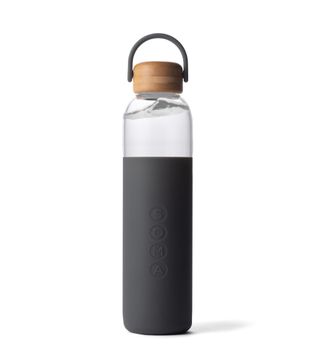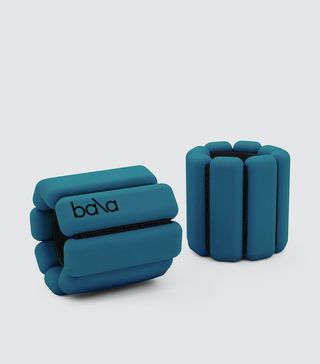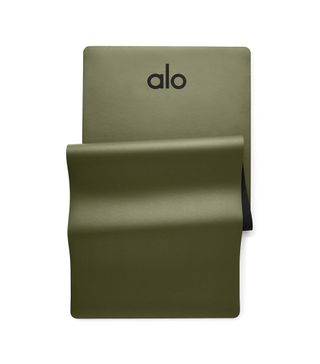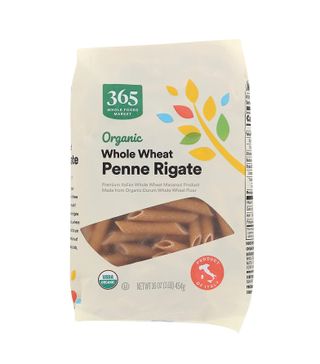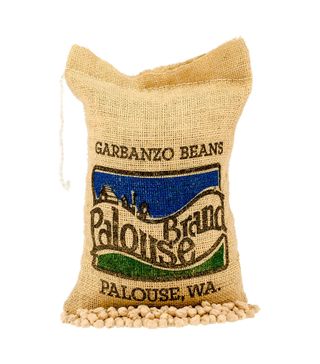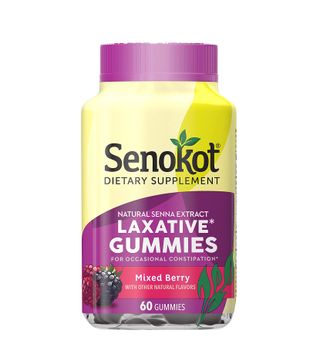Here's Why Your Periods Can Make You Feel So Constipated

Your body can really go through it before and during your period. Raise your hand if you've ever experienced any of these: cramps, aches, mood swings, tiredness, bloating, appetite changes, sleep problems, and acne. Yeah, I thought so.
One other symptom that has always baffled me was all the changes in bowel habits and digestion around that time of the month. Some people might have more frequent bowel movements, while others might experience constipation during periods, which can be very uncomfortable. Today, we're going to focus on the latter issue.

OB-GYN Zaher Merhi, MD, founder of Rejuvenating Fertility Center, says you also might experience nausea, indigestion, vomiting, diarrhea, and bloating. So what's with all the bathroom issues? You can blame it on changing hormone levels before and during your period.
"During the days leading up to the onset of natural cycle menstruation, estrogen and progesterone are produced by the ovaries in preparation for a possible pregnancy, and then are sustained throughout if a pregnancy occurs," explains OB-GYN Jessica Shepherd, MD. "These hormones are known to slow GI motility often resulting in constipation."
While constipation can be so frustrating and physically uncomfortable, there are some things you can do to make your symptoms a little bit better or avoid it. See below for some tips.
What You Can Do to Treat or Avoid Constipation
Hydrate

"Water intake is very important for normal bowel movements during all times of the month, but especially around your menstrual cycle," says Erica Zellner, MS, CNS, senior health coach at Parsley Health.
Exercise
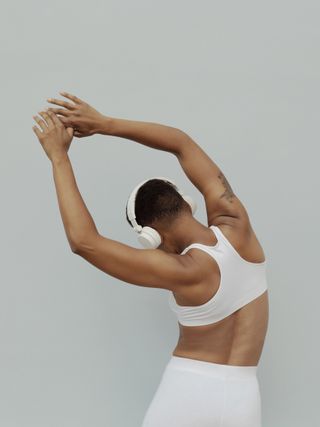
Getting active can help. "Exercising improves blood and oxygen circulation throughout the body, including the pelvis and intestines," Shepherd says.
Get Enough Fiber
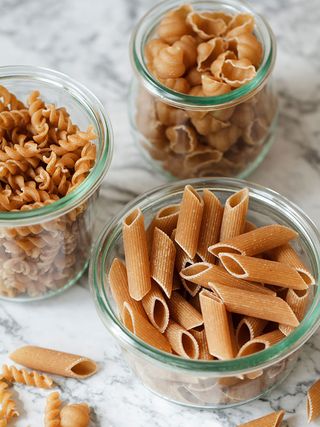
"Fiber helps to increase the size of your stool, which can help it move easily through your digestive system," Zellner says. "Be careful not to increase fiber too rapidly though! Too much, too quickly, can make constipation worse. Aim for around 30g of fiber per day." Some good sources of fiber include whole wheat pasta, chickpeas, lentils, berries, and avocados.
Avoid Certain Foods
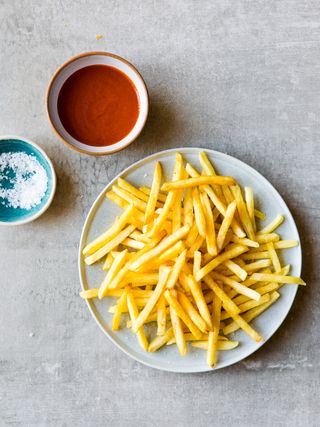
Zellner recommends pinpointing the foods that might be causing constipation, which can be unique to every individual. Some foods that might make constipation worse include dairy products, unripe bananas, grains, bread, and alcohol. Shepherd also suggests cutting out processed foods and alcohol.
Make Bathroom Time Less Stressful

The more you think about going to the bathroom, the more it might be hard to actually do it. "If you're still having trouble with your bathroom habits, try making your bathroom a stress-free zone!" Zellner says. "Stress can slow down our digestive processes, including how we move our bowels. It's also important to 'go' when the urge hits, rather than waiting for a potentially more convenient time."
Try a Laxative
If necessary, Merhi says taking laxatives can help. Just remember to read the instructions carefully, and discuss with your doctor first if you have certain conditions.
When to See a Doctor

Zellner says that you don't have to worry too much about experiencing constipation during your period if your bowel movements return to normal relatively quickly, like within a day or two. But there may be some symptoms or instances that could require a visit to a healthcare professional. "Some signs should be alarming and should prompt you to consult a physician immediately and these signs include fever, chills, no passage of gas for more than 48 hours, rectal bleeding, severe abdominal pain, non-responsive to any maneuvers or medications, and others," Merhi says. "In these instances, it is better to consult your doctor and be examined before any medication is taken."
Next: 14 Things to Eat If You're Dealing With Constipation
Disclaimer
This article is provided for informational purposes only and is not intended to be used in the place of advice of your physician or other medical professionals. You should always consult with your doctor or healthcare provider first with any health-related questions.
Sarah is lifestyle writer and editor with over 10 years of experience covering health and wellness, interior design, food, beauty, and tech. Born and raised in Los Angeles, she attended New York University and lived in New York for 12 years before returning to L.A. in 2019.
In addition to her work on THE/THIRTY and Who What Wear, she held editor roles at Apartment Therapy, Real Simple, House Beautiful, Elle Decor, and The Bump (sister site of The Knot).
She has a passion for health and wellness, but she especially loves writing about mental health. Her self-care routine consists of five things: a good workout, “me” time on the regular, an intriguing book/podcast/playlist to unwind after a long day, naps, and decorating her home.
-
 I Live for Yoga and Pilates—These Are the Pieces That Help My Flow
I Live for Yoga and Pilates—These Are the Pieces That Help My FlowTake notes.
By Humaa Hussain
-
 It's Time to Get Our Nutrition in Check for Summer—This App Is Making It Easy
It's Time to Get Our Nutrition in Check for Summer—This App Is Making It EasyThe recipe ideas are endless.
By Who What Wear
-
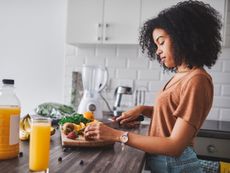 If You're Battling With Digestive Issues, This Could Be Why
If You're Battling With Digestive Issues, This Could Be WhyTurns out, you may not have IBS after all.
By Kia Topps
-
 Our Editors Own a Lot of Sneakers, But This Pair Comes in First Place Every Time
Our Editors Own a Lot of Sneakers, But This Pair Comes in First Place Every TimeA major win.
By Aniyah Morinia
-
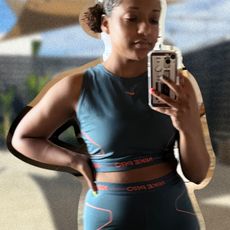 I Changed My Mind About Strength Training When I Tried This Workout
I Changed My Mind About Strength Training When I Tried This WorkoutMy confidence is officially on 10.
By Kia Topps
-
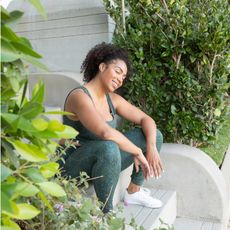 This Type of Gear Will Take Your Workout to the Next Level
This Type of Gear Will Take Your Workout to the Next LevelBring it on.
By Sarah Yang
-
 6 Essential Oils That Will Heal Your Painful Sunburns
6 Essential Oils That Will Heal Your Painful SunburnsAll-natural relief ahead.
By Samantha Parsons
-
 The Activewear Accessory That Can Change Your Yoga Practice
The Activewear Accessory That Can Change Your Yoga PracticeIt's so helpful.
By Sarah Yang
